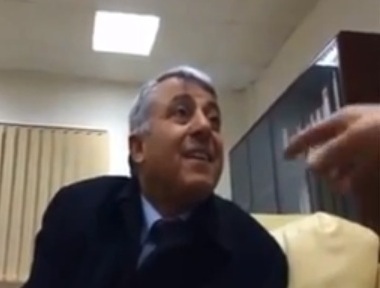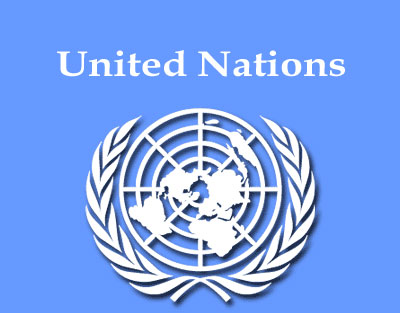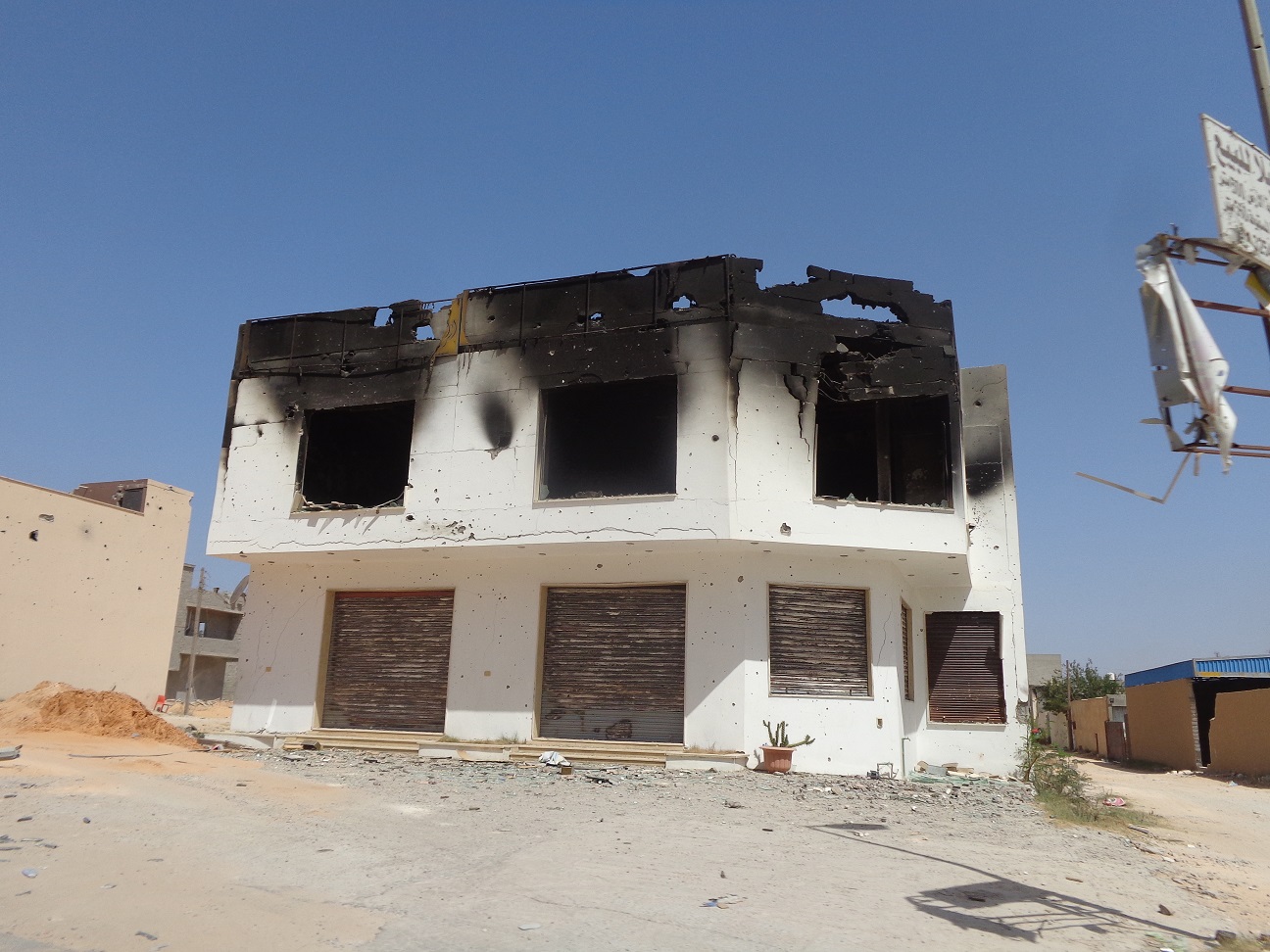By Libya Herald staff.
Tripoli, 27 August 2014:
By unanimous vote today the UN Security Council decided to take action again those who threaten Libya’s stability and democratic progress.
The resolution, which came following a report by the UN Support Mission in Libya’s outgoing head, Tarek Mitri, broadened the parameters of existing UN sanctions on the country to include groups or individuals that supported acts that “threaten the peace, stability or security of Libya, or obstruct or undermine the successful completion of its political transition”.
The Security Council said these acts included attacks by land, air and sea against Libya as well as engaging with groups looking to exploit the natural resources of the country with a particular emphasis on its oil.
The sanctions include both travel bans and financial penalties.

No individuals were named. That will be left to the Security Council’s Libya Sanctions Committee to deal with. However, given that the UN and other international organisations have said that the House of Representatives is Libya’s only legislature, it would be surprising if former Congress leader Nuri Abu Sahmain did not appear near the top of the list of those to be hit, along with those members of the former Congress members who have tried to set up a parallel government.
Others expected to be sanctioned include militia leaders in Tripoli, Benghazi, Sirte and elsewhere.
As a result of their operations, several are said to have amassed large amounts of money which have then been invested abroad – Morocco, Malta and the UK being reported as favoured destinations.
The Grand Mufti, Sheikh Sadik Al-Ghariani, currently living in London, also risks appearing on the sanctions list.
In today’s resolution, the UN called on the international community and neighbouring countries in particular to to inspect cargoes to and from Libya to ensure they did not contain illicit items, such as arms and munitions, which are embargoed.
Any shipments of arms according to the resolution must be approved by the Security Council.
The resolution further demanded an immediate ceasefire, adding that it condemned the increasing violence particularly in Tripoli and Benghazi. It backed previous calls by several bodies for a ceasefire including the House of Representatives, reaffirming its support for the legislature which was elected in June.
The Security Council said the House of Representatives and the Constitutional Drafting Committee should “carry out their tasks in a spirit of inclusiveness, and calls on all parties to engage in an inclusive Libyan-led political dialogue in order to help restore stability”.
In the lead-up to the new resolution, Tarek Mitri reported to the UN Security Council that “armed battles, which were both the cause and result of deep divisions among Libyan political factions, were continuing almost uninterrupted in Tripoli, Benghazi and other parts of the country”. He said this violence had resulted in “a further deterioration of living conditions, displaced populations and a rising death toll, including children”.
Mitri added that he “urged the United Nations to “spare no effort” to bring the various actors to the dialogue table”.
Ibrahim Omar Dabbashi, Libya’s Permanent Representative, said the situation in his country was becoming “more complicated” and could “unravel into a full-blown civil war”.
[/restrict]











